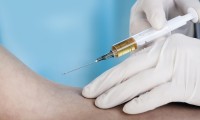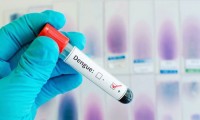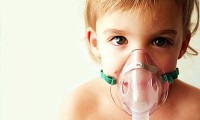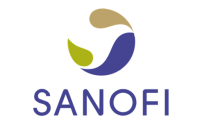-
Philippines halts sale of Sanofi’s dengue vaccine
- Source: Thenews
- 759
- December 12, 2017
-
Sanofi Taps into Berg’s AI Platform for Developing Better Flu Vaccine
- Source: researchmoz.us
- 640
- November 8, 2017
-
Watch out Sanofi–Takeda’s new data on dengue vaccine is good news for PhIII trial
- Source: endpts
- 944
- November 7, 2017
-
Sanofi, Regeneron’s biologic shines again in asthma trial
- Source: Pharmatimes
- 1,076
- November 3, 2017
-
Regeneron (REGN) And Sanofi (SNY) Announce Positive Dupilumab Topline Results From Phase III Trial In Uncontrolled Persistent Asthma
- Source: careers.biospace
- 557
- September 12, 2017
-
Sanofi wins tentative FDA nod for Admelog insulin lispro injection
- Source: yahoo
- 741
- September 7, 2017
-
Sanofi, Ablynx sign $2.7bn research, licensing pact
- Source: pharmatimes
- 504
- July 21, 2017
-
Regeneron’s midlife crisis
- Source: drugdu
- 41
- November 22, 2024
-
Uncovering the truth of AbbVie’s $8.7 billion lesson
- Source: drugdu
- 56
- November 15, 2024
your submission has already been received.
OK
Subscribe
Please enter a valid Email address!
Submit
The most relevant industry news & insight will be sent to you every two weeks.













